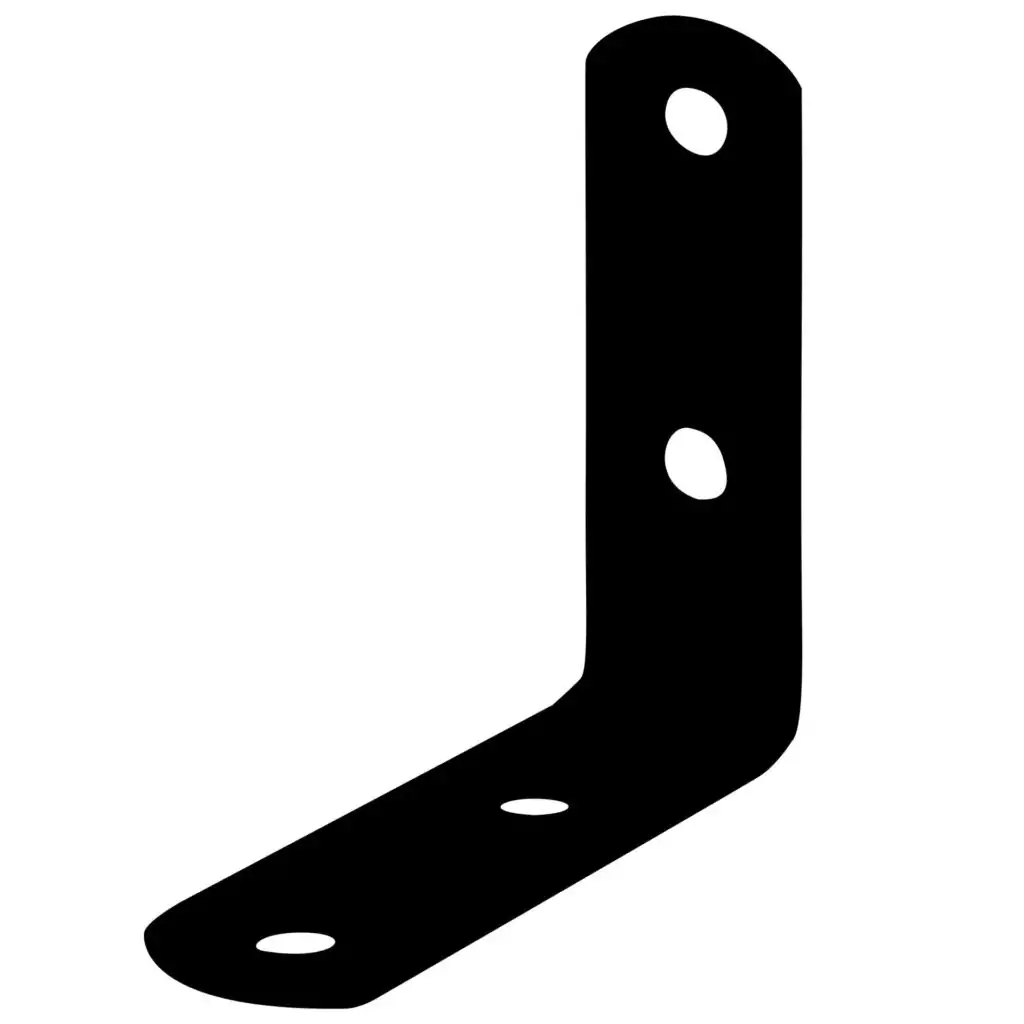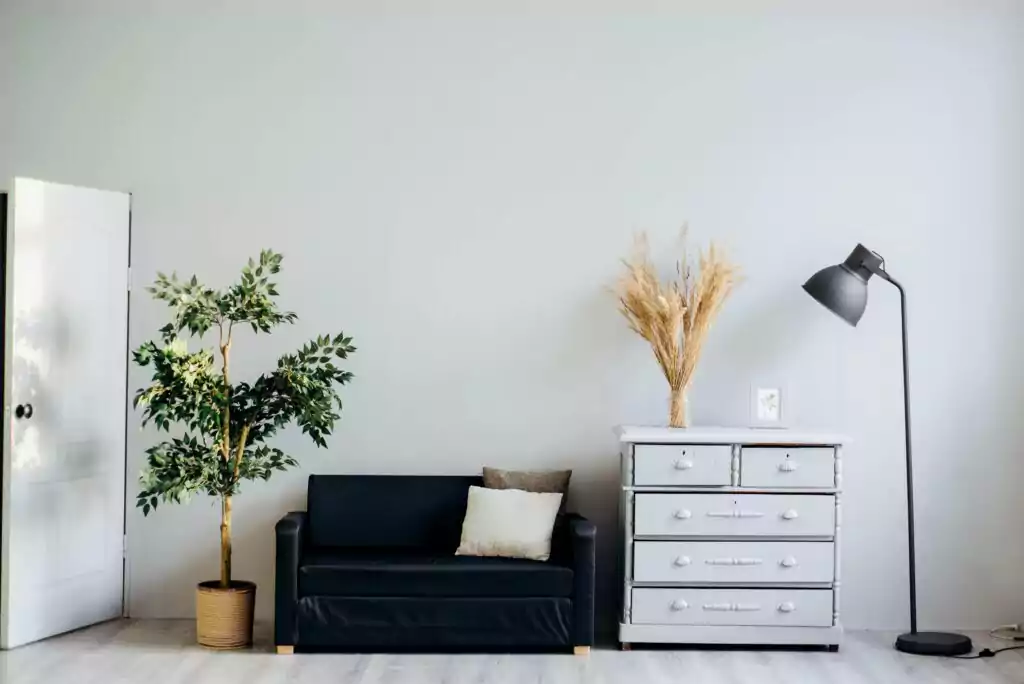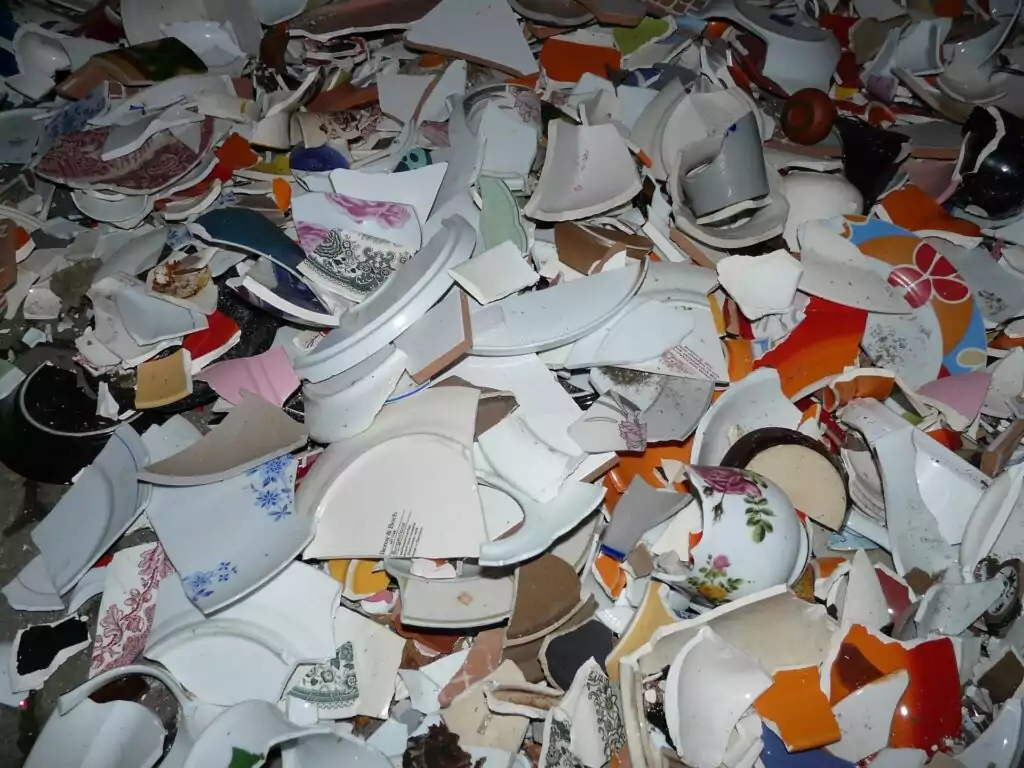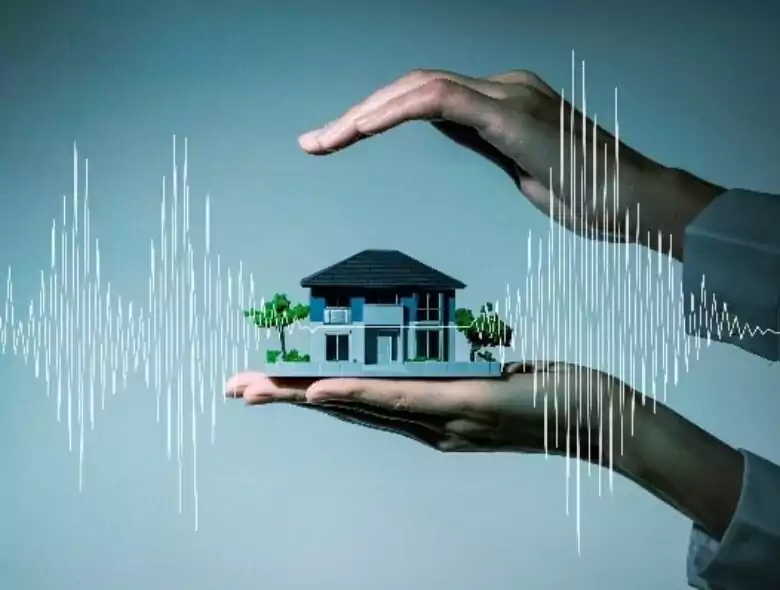It’s 3 am on a cold winter morning and the thunderous sound of glasses smashing onto the floor jolts you awake. Furniture slides across the floor, the lights don’t come on and your iPhone is blaring. Fortunately, this article will prevent the above nightmare scenario…
There are a few easy changes you can make to turn your apartment into a more earthquake-proof apartment, and thankfully these don’t require much money or take too much time!
If you are moving into a new apartment, now is the perfect time to make your living space safer in the case of an earthquake. If you’re considering moving, please check out our Village House website for suitable rental apartments.
The first step is to get yourself down to a DIY store (or even a 100-yen store) and purchase some furniture anchors and/or some earthquake-resistant mats and tension poles if you need them. Between 30-50% of earthquake-related injuries in recent years have been due to tumbling furniture and heavy items sliding. By securing your furniture into place, you can prevent some of these potential injuries.
Furniture Anchors

Although having minimal furniture is the best option to reduce the risk of harm during an earthquake, having no furniture isn’t a particularly practical or realistic solution. The next best thing is using furniture anchors to secure your furniture.
Before you start putting holes in your wall and securing furniture, you want to organize the layout of your apartment. When securing your furniture in the apartment, it’s important to consider leaving plenty of space around any escape routes. Also, consider any secondary accidents that could occur in the case of an earthquake.
Furniture anchors are the surest way to secure any furniture in your apartment. These are L-shaped frames where you stick one screw into the furniture and one screw into the wall. Furniture anchors work well for bookcases and other shelving units, desks, beds, and any other furniture that is leaning against a wall.
It’s important to secure any electrical appliances as these may pose an extra fire risk. As well as these electrical appliances, consider any other risky objects, such as aquariums since they contain water and lighting. If you can’t find suitable furniture anchors for all your electrical appliances then it’s worth investing in some earthquake-resistant mats to secure them.
Earthquake Resistant Mats for Furniture

There is a gadget for everything and earthquake-resistant mats are no exception. These are perfect for when you can’t use furniture anchors to attach furniture and appliances to walls.
These mats are sticky gel pads that help to resist any slipping and grip on the floor. You can find them at any DIY, homeware, or even 100-yen store. Use these earthquake-resistant mats to attach table legs to the floor and secure any furniture and objects to the floor.
Earthquake-resistant mats work well for stacking furniture too, particularly more lightweight furniture, appliances, and other goods. They can be used to secure a microwave on top of a kitchen surface or television on top of a television unit.
Please don’t forget that they can be used in combination with furniture anchors and tension poles for additional security.
Tension Poles
The trusty tension poles that you can find at DIY stores and 100-yen stores can also be useful for earthquake-proofing your apartment. They are most effective when used in conjunction with wedges at the bottom of your furniture. For extra security, it is recommended to also use earthquake-resistant mats to secure the furniture to the floor.
Tension rods can be used in the space between a piece of furniture and the ceiling. If you have a tall set of shelves you’ll only want short tension poles because they’ll be close to the ceiling. If you have a shorter chest of drawers, you’ll want some longer tension poles. You can also use tension poles to secure your belongings by placing them in the space between two pieces of furniture, for example, a set of drawers that are close to a bookshelf leaning against the corner of a room.
The combination of tension poles, tip-over prevention wedges, and earthquake-resistant mats is a great alternative for when you can’t use furniture anchors.
Safety with Glassware and Fragile

It’s hard to avoid having any fragile goods in your apartment when glasses and ceramics are considered essential in most kitchens. The best way to safely store your glassware and ceramic is inside cupboards with doors that are secured.
If the doors to your cupboards open easily, you can purchase attachments such as screw-on locks or stick-on safety attachments to secure the doors close. These ensure that your glass won’t come flying out of any cupboards or shelves if there is an earthquake.
Another important aspect of safely storing glassware and fragile items is keeping them low to the ground. If glassware is stored up high, it has a much further way to fall, so there’s more of a chance of it injuring someone and/or smashing.
For windows, you can purchase anti-shatter glass film, which can help protect you from any broken glass too.
Earthquake Home Insurance

Most home insurance policies in Japan do automatically cover earthquake home insurance too. It’s important to check through your contract carefully so that you know whether you have earthquake home insurance and if not then you can find your own.
Fire insurance does not cover earthquake home insurance so if you only have fire insurance it’s advisable to also purchase earthquake home insurance for additional protection.
To summarize; secure all appliances and furniture, be wary of hazards such as electronics and water, consider how you store fragile items, and make sure to leave space for evacuating. Although it can be scary to think about, it is wise to make sure that you are fully prepared in case of an earthquake. Please check our available apartments if you are considering moving somewhere new.
One of the most important parts of being prepared for an earthquake is having an emergency bag. Please check out our article on what to pack in your emergency bag to make sure you haven’t forgotten anything important!



